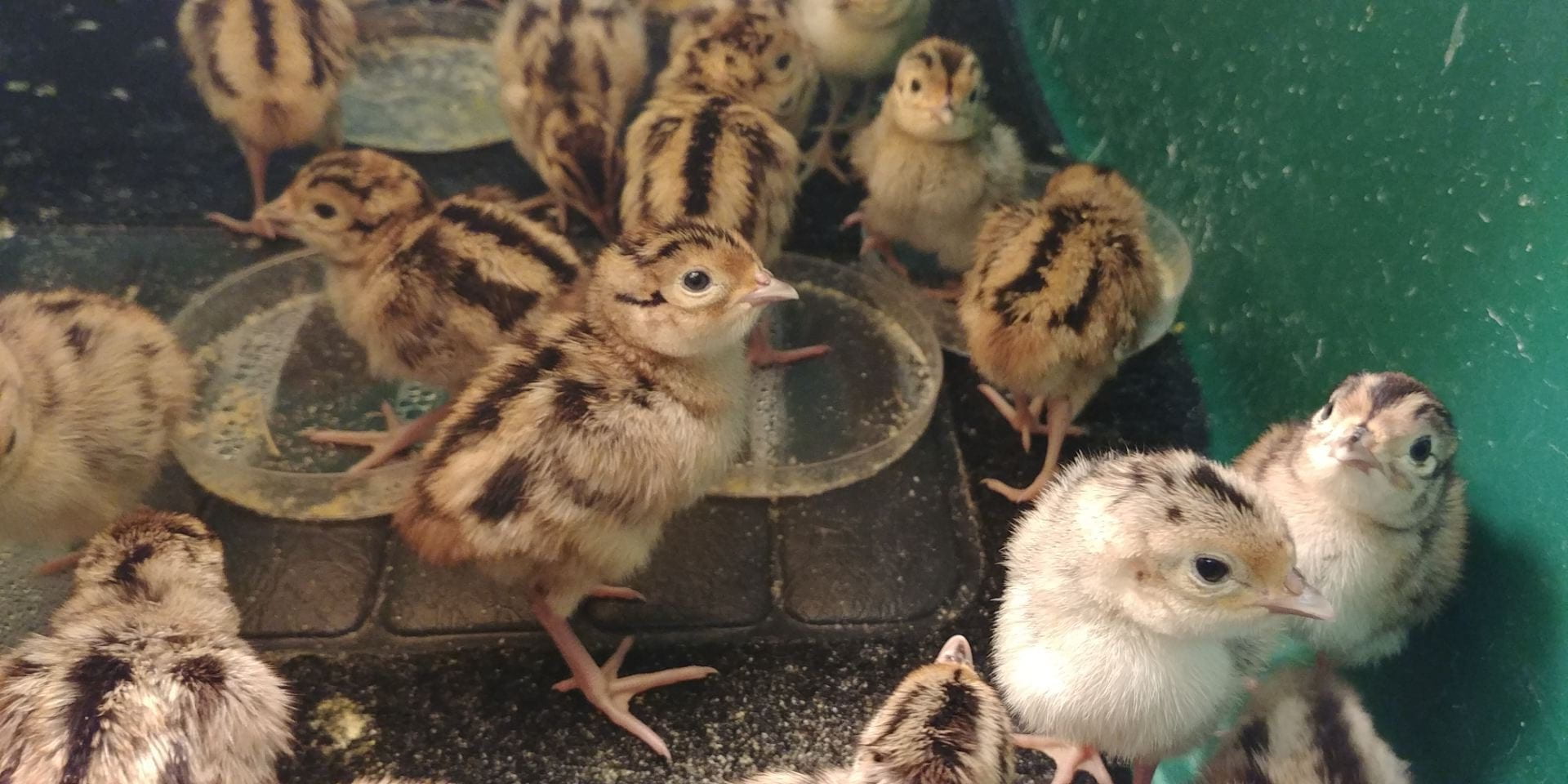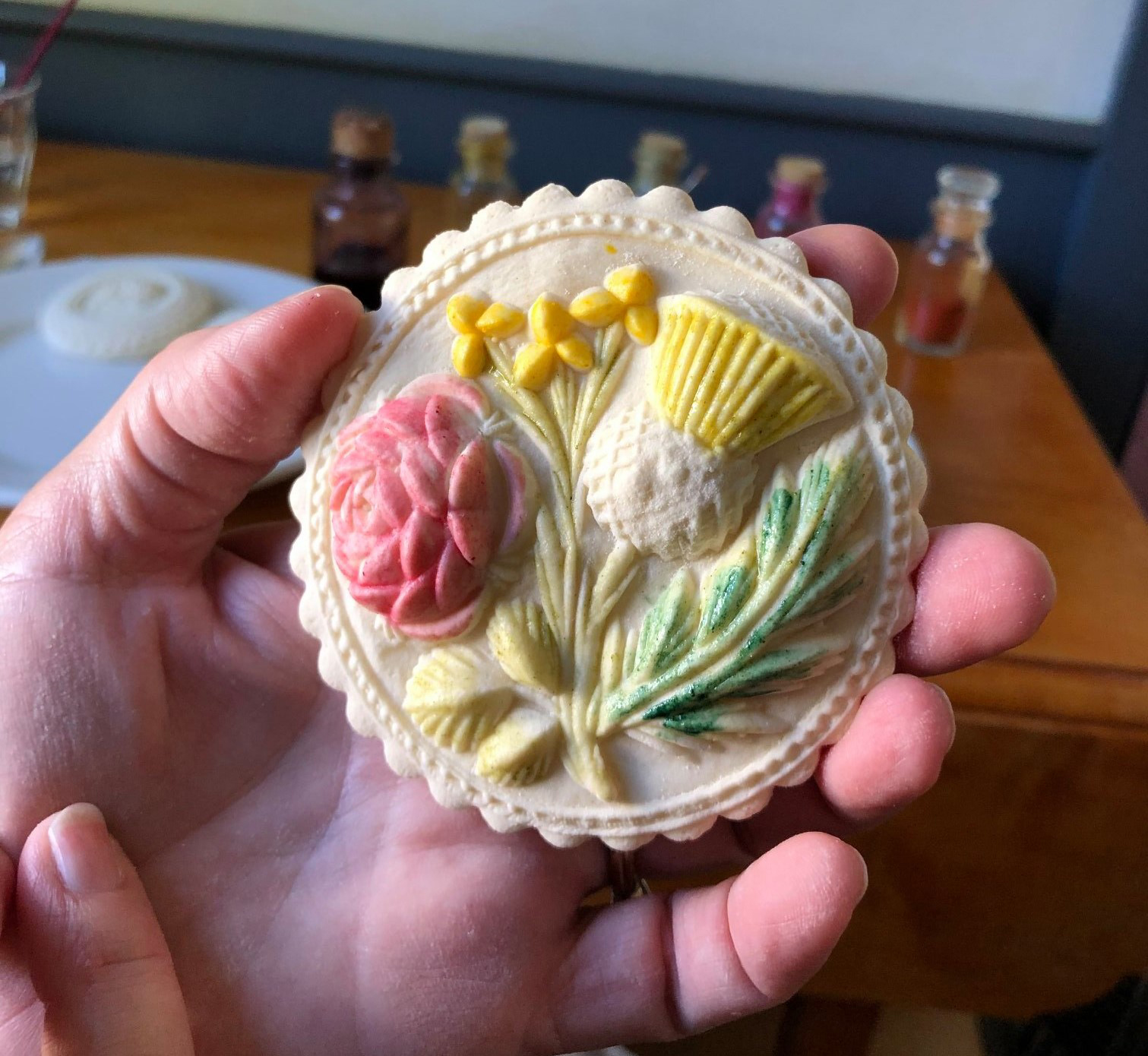Day-old pheasant chicks available

Introduced to the U.S. from Asia in the 1880s, pheasants quickly became one of North America’s most popular upland game birds. To help assist with the repopulation of this colorful bird, citizens can help by participating in raising and releasing pheasant chicks.
Why would someone want to participate you may ask? Chick rearing is enjoyable, challenging, and teaches youth responsible behavior. Released pheasants offer fall hunting opportunities for sportsmen and women to enjoy open-field hunting. Many across New York State own and care for gun dogs that are specially trained to hunt and retrieve pheasants or other game birds. The number one reason to raise pheasants is that people enjoy the sight and sounds of them.
Ring-necked Pheasants have graced our landscape since 1892 when they were successfully established on Gardiner’s Island, near the eastern end of Long Island. By the 1920s, they were established across the state. Today more than 50,000 hunters in New York State pursue pheasants annually and harvest approximately 100,000 birds. The population of these birds has declined since the heyday of hunting them in the late 1960s and early 1970s. Factors that have contributed to this decline are the loss of fallow grasslands for nesting and brood-rearing, decline in grain farming, and commercial and residential development.
The rearing and release of pheasants requires a great deal of responsibility by both 4-H youth and adults with substantial time commitment. Daily care is necessary to monitor the health of the chicks and to ensure there is adequate feed and water for their rapid growth. The birds are brooded until six weeks old and then are moved to an outdoor flight pen where they continue to grow and develop their brilliant adult plumage before being released. Release needs to be before the end of the pheasant-hunting season.
Participants may choose to integrate other wildlife management strategies such as banding and releasing at different ages, and on different site areas to monitor mortality and survival. This varies for different regions of the state. Assistance from organizations such as Pheasants Forever is available to help improve habitat along with cooperative ventures between local sportsman’s clubs and participants.
More detailed information on rearing pheasant chicks can be found online at http://www.dec.ny.gov/docs/wildlife_pdf/dayoldchicks.pdf.
Interested Monroe County individuals should register to participate at https://reg.cce.cornell.edu/dayoldpheasantchicks-2021-2_226.
Questions may be directed to Susan Coyle at Cornell Cooperative Extension of Monroe County at 585-753-2550, or by email at smc226@cornell.edu. Registrations for chick orders are due by Monday, March 21, 2022.
Provided information






